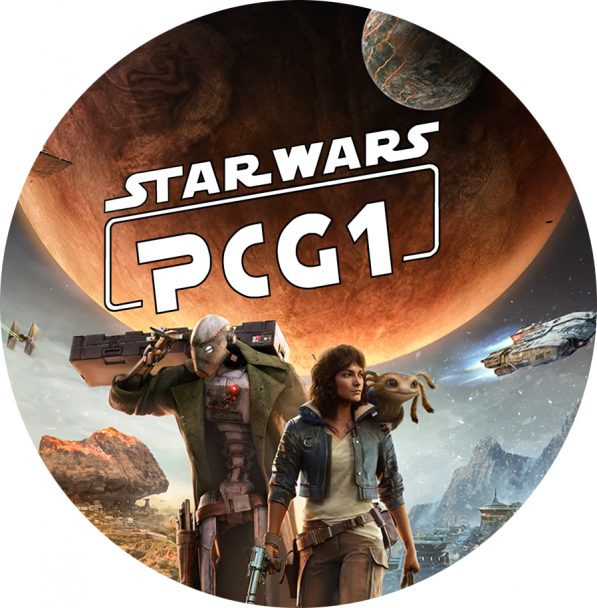The quality of in-game voice and text chat could soon improve in smaller games. Vivox, the company that provides the communications technology in massive blockbusters like Fortnite, Rainbow Six: Siege, and PlayerUnknown’s Battlegrounds, has announced that it is making its voice software free for small and indie developers.
With Vivox, developers can simplify the process of adding positional voice communications to a game. Players can communicate with one another as if they have a radio or when they are in proximity with one another, and that latter option uses surround sound to tell you where that other player’s voice is coming from. Vivox also provides a text chat option as well.
I’ve even used the Vivox-powered 3D audio in PUBG to haunt other players in PUBG.
In our #PUBGFamilyDinner games, I use the spectator mode and in-game local voice chat to help various solo players team up to take on a bigger squad of solo teamers. I’m Angeling In The Outfield the hell out of this, and it’s super fun. pic.twitter.com/vrlz6xxhia
— Jeffrey Grubb (@JeffGrubb) January 20, 2018
To encourage more studios to adopt its technology, Vivox will give its software development kit away for free. Small studios can then launch their games and build an audience, and Vivox says it will only begin charging those developers for using its tech once a game surpasses 5,000 people using the Vivox channel simultaneously for the first time.
“We’ve seen an explosion of indie development thanks to the democratization of game engines and other technologies,” Vivox president Dave Verratti said. “The creativity and quality that has come from this have been fantastic for the industry. Therefore, we knew that access to our technology should no longer be exclusive to triple-A publishers with blockbuster budgets. Individual developers we had worked with in the past were striking out on their own and we wanted to support them. By offering our technology for free to smaller studios, we could empower these developers to create the games they envisioned without any concern for upfront costs.”
The Vivox SDK is compatible out of the box with PlayStation 4, Xbox One, Windows, Mac, iOS, and Android, so studios working on those platforms have a viable option to support player-to-player communications. And I think Vivox is better than just viable. Communications in games like PUBG and Fortnite often sound better than dedicated chat tools like Discord (which also sounds great), and Vivox is responsible for that quality.
“Our goal is to make the integration as easy as possible,” said Verratti. “We hit our target of 36 hours from a developer getting the SDK to being live in game, so we know we’re ready to welcome more developers onto the platform.”
Game development tools and services have shifted their focus to indies over the last several years, so Vivox is a bit late to this trend. But with tools like Discord becoming so popular and system-level voice comms on Xbox One and PlayStation 4, many indie developers probably didn’t see the reason to spend money on a dedicated in-game solution. But Vivox can ensure everyone who plays can hop into voice, and it also adds the benefits of positional audio. That is something that can enhance immersion, and I hope to see more indie studios try to take advantage of it.

